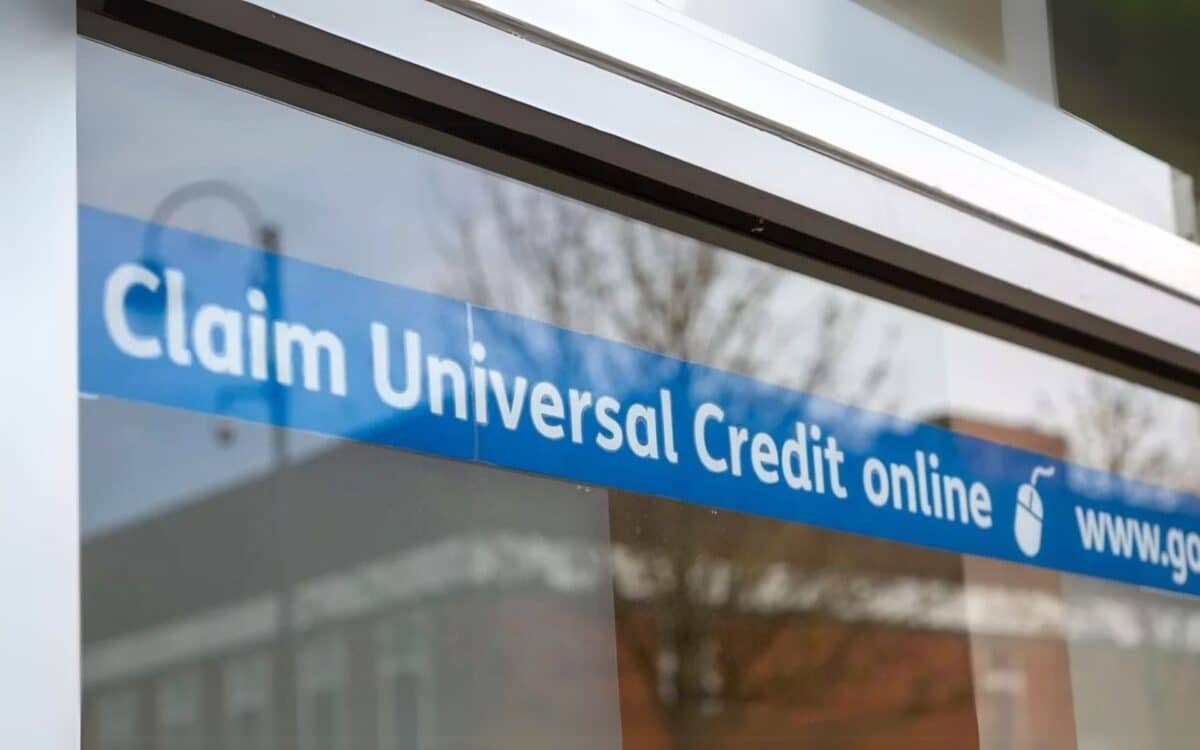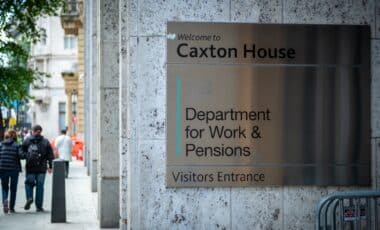Chancellor Rachel Reeves has unveiled significant adjustments to Universal Credit in the latest government budget. The changes include an increase to the standard allowance over the next five years, aimed at providing more support to eligible individuals.
The lancs live reports that these modifications are part of a broader welfare reform strategy. Set to take effect from 2025, this move will gradually raise the weekly allowance from £92 to £106 by 2029–30, marking a crucial shift in the government’s approach to social benefits and economic support. The full scope of these changes will unfold over the coming years.
Welfare Savings and Benefit Restructuring
According to Reeves, the new policy aims to modernize the welfare system while controlling public expenditure.
The OBR (Office for Budget Responsibility) have said that they estimate the package will save £4.8 billion in the welfare budget, reflecting their judgments on behavioural effects and wider factors,
she told MPs.
This also reflects final adjustments to the overall package, consistent with the Secretary of State’s statement last week and the Government’s Pathways to Work Green Paper.
She confirmed that while the standard allowance will increase gradually over five years, the health element of Universal Credit will be cut by 50% and frozen for new claimants.
The universal credit standard allowance will increase from £92 per week in 2025–26 to £106 per week by 2029–30 – she said.
Social Challenges and Rationale for Reform
Reeves cited troubling figures as part of the motivation for reform.
More than 1,000 people qualify for personal independence payments every single day and one in eight young people are not in employment, education or training – she explained.
If we do nothing, that means we are writing off an entire generation. That cannot be right. It is a waste of their potential and it is a waste of their futures.
She also clarified that no additional tax increases were introduced in the spring statement:
My spring statement does not contain any further tax increases.
Stronger Tax Enforcement to Fund Reforms
The Chancellor emphasized efforts to fund the changes through enhanced tax enforcement.
Today, I go further continuing our investment in cutting-edge technology, investing in HMRC’s capacity to crack down on tax avoidance and setting out plans to increase the number of tax fraudsters charged each year by 20% – she said.
These changes raise a further £1 billion, taking total revenue raised from reducing tax evasion under this Government to £7.5 billion.
Understanding Universal Credit
Universal Credit is a monthly financial support designed to assist people with low income, those out of work, or individuals unable to work due to a health condition. In Scotland, some recipients may receive payments twice a month.
Universal Credit replaces a number of existing benefits, including Child Tax Credit, Housing Benefit, Income Support, income-based Jobseeker’s Allowance (JSA), income-related Employment and Support Allowance (ESA), and Working Tax Credit.
If you currently receive one or more of these benefits, you are not required to take any action unless your personal circumstances change or you receive a letter known as a Migration Notice, instructing you to move to Universal Credit.
Once you or your partner apply, your existing legacy benefits will stop. If either of you receives Pension Credit, that benefit will also end, though other entitlements such as Personal Independence Payment (PIP) or Carer’s Allowance will continue.
The amount of Universal Credit you receive may be reduced depending on any other benefits you receive simultaneously.
Eligibility Criteria and Special Cases
To qualify for Universal Credit, you must reside in the UK, be aged 18 or older (with specific exceptions for those aged 16 to 17), and be under the State Pension age. Additionally, your household must not have more than £16,000 in money, savings, or investments.
You may be eligible if you are unemployed, employed full-time or part-time (including self-employment), or unable to work due to health limitations.
Eligibility also extends to people who live with a partner already eligible for Universal Credit, individuals responsible for a child (either alone or as part of a couple), those who have reached State Pension age but live with a partner who has not, or anyone who has received a formal Migration Notice instructing them to apply.
If you live with a partner, you must submit a joint application, even if your partner does not meet the eligibility criteria, and your combined income and assets will be taken into account.
Universal Credit and Special Groups
Students can claim Universal Credit under specific conditions. If you are in full-time education and live with a partner who qualifies for the benefit, or you are responsible for a child, or you have received a Migration Notice, you may be entitled to claim.
In some cases, full-time students with a disability may qualify if they have been previously assessed as having limited capability for work and receive disability-related payments such as PIP or Disability Living Allowance.
Young people aged 16 or 17 can apply if they meet certain conditions. This includes having a verified health condition or disability supported by medical evidence, being responsible for a child, caring for someone who receives a health-related benefit, being pregnant or having recently given birth, or lacking parental support.
Additionally, claimants in the armed forces who are stationed overseas may still apply for Universal Credit using designated contact addresses.









